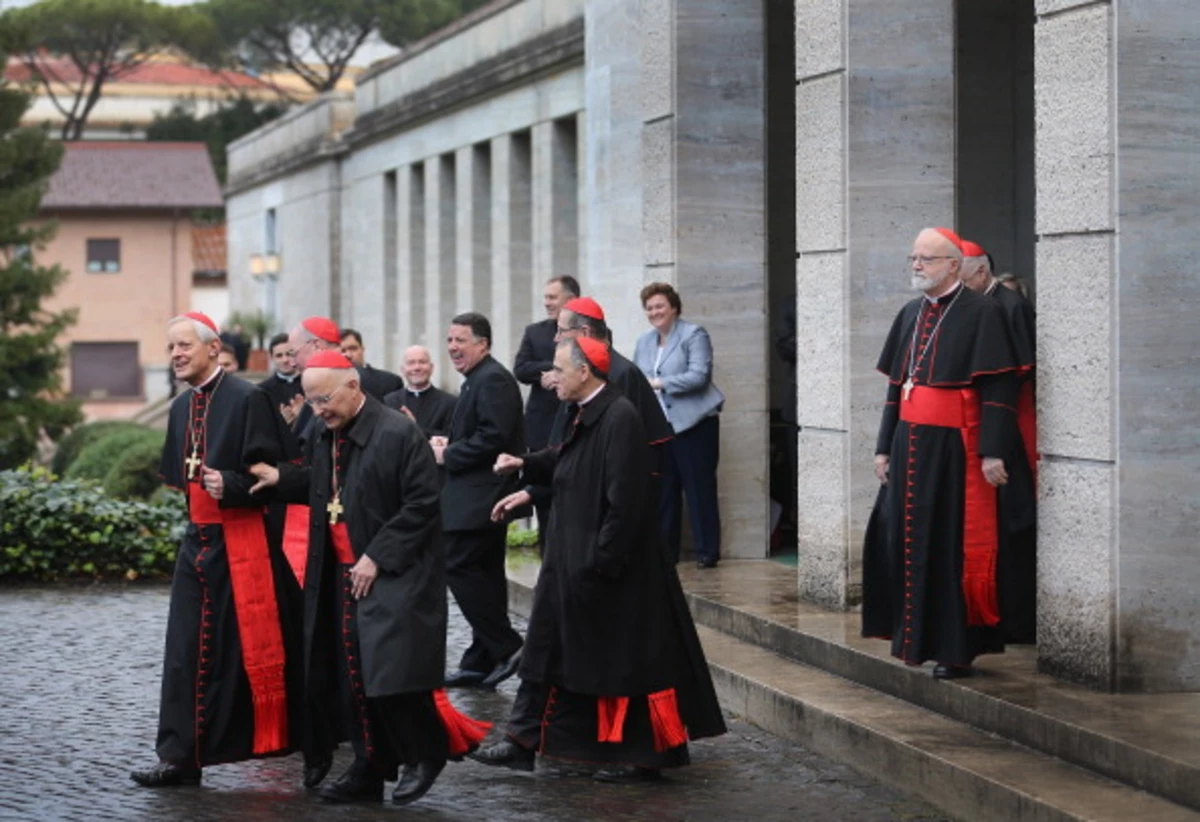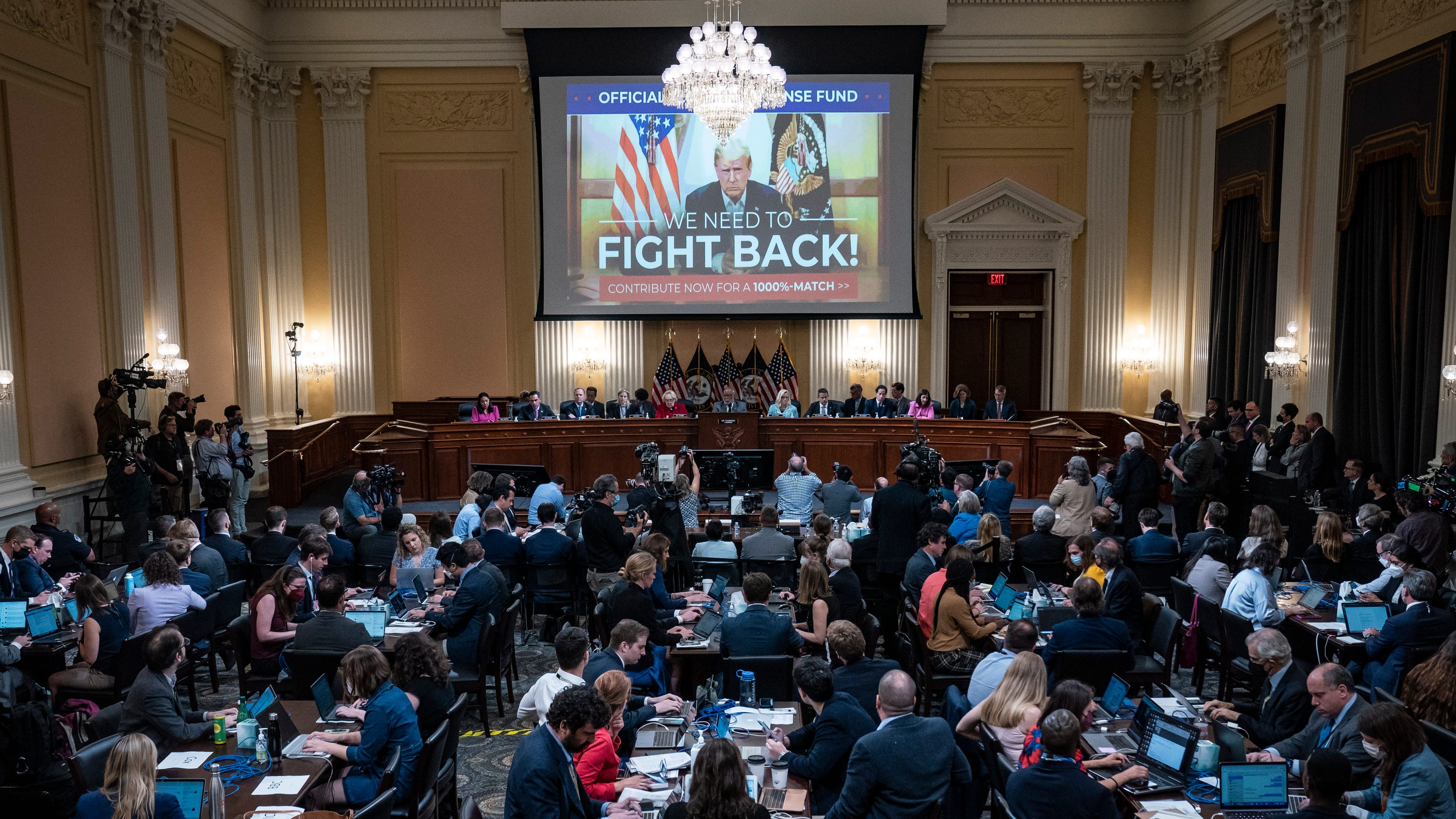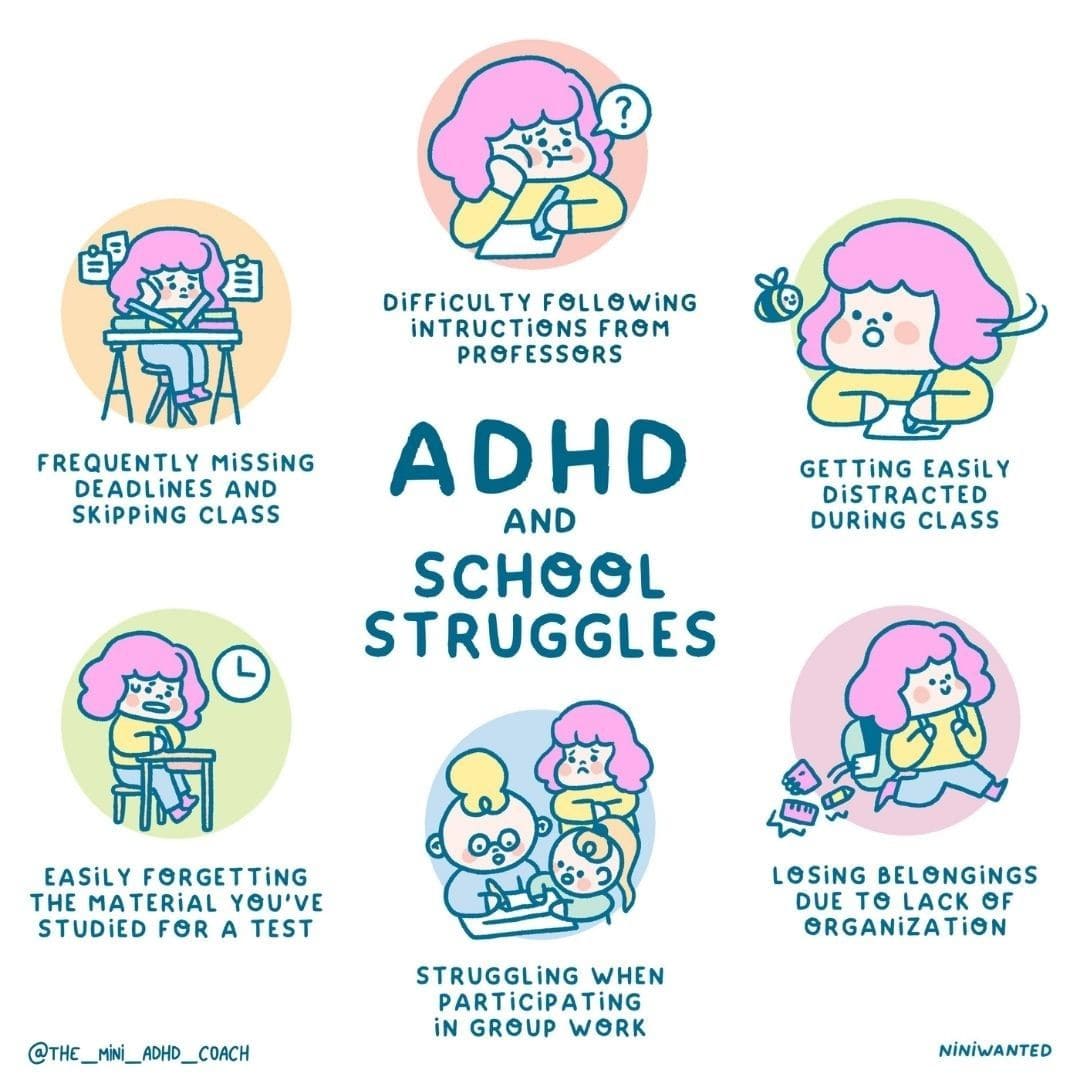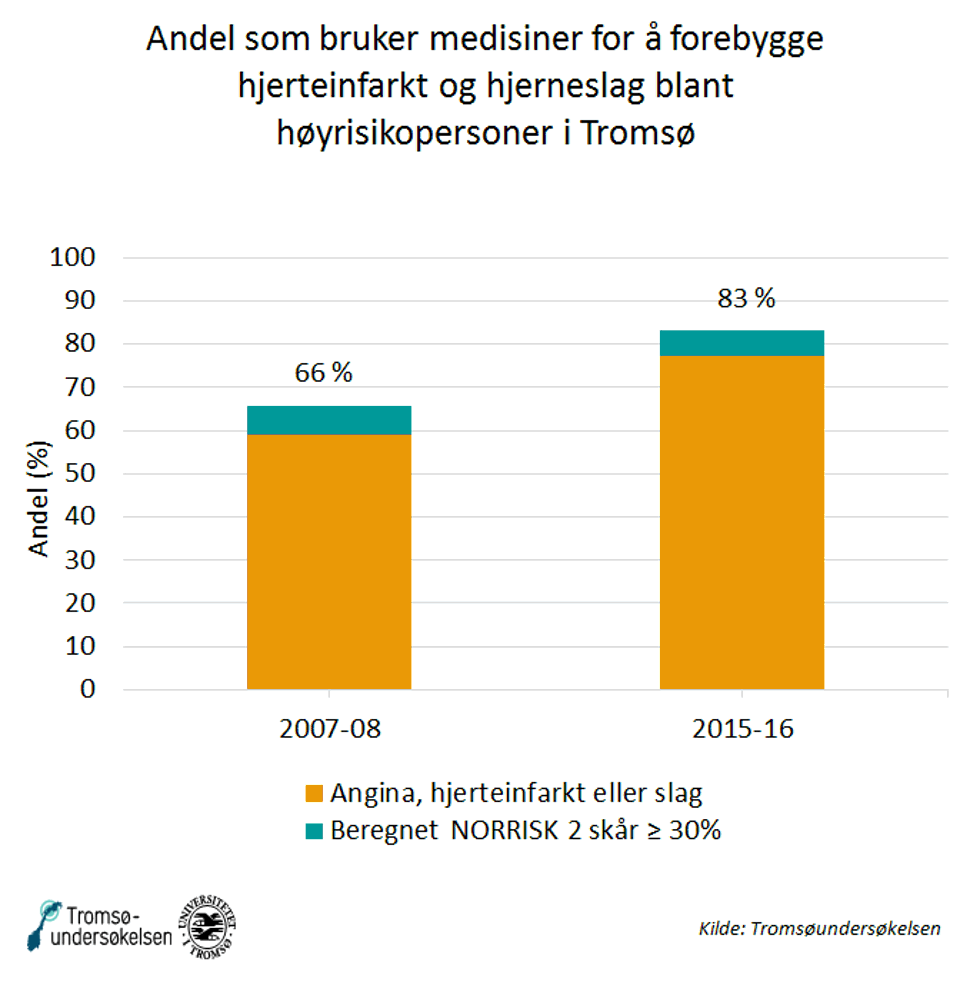Controversial Cardinal's Conclave Voting Rights Under Scrutiny

Table of Contents
H2: The Cardinal's Controversial Actions and Their Implications
H3: Specific Allegations and Evidence
The Cardinal in question, whose name we will withhold for now pending further developments, faces serious allegations that challenge his suitability to participate in the sacred process of Papal election. The accusations primarily revolve around alleged financial irregularities concerning significant Church funds, potentially representing canonical violations of a serious nature. Specific allegations include:
- Misuse of Church funds: Reports suggest the Cardinal diverted substantial sums intended for charitable works to personal accounts or projects unrelated to Church activities.
- Allegations of misconduct: Additional, less specific accusations of misconduct have surfaced, although details remain shrouded in confidentiality due to ongoing investigations.
- Lack of transparency: The Cardinal's alleged resistance to internal audits and investigations has further fueled the controversy, hindering efforts to ascertain the full extent of the alleged financial improprieties.
Relevant Canon Law provisions, particularly those concerning the moral fitness and financial probity of Cardinals, are currently under intense scrutiny. Canon Law 84, which addresses impediments to voting, is central to this debate. The Cardinal's defense, as reported by [insert link to credible news source], maintains his innocence and claims the allegations are politically motivated. However, the weight of evidence currently seems to lean against him.
H2: Legal and Canonical Arguments Surrounding Voting Eligibility
H3: Interpretation of Canon Law
The central legal question revolves around the interpretation of Canon Law concerning Cardinal eligibility for the conclave. Canon Law 84 outlines specific impediments to voting, including those related to moral character and financial integrity. The core of the debate lies in the interpretation of these articles.
- Ambiguity in Canon Law: Some argue that the wording in Canon Law 84 is ambiguous and allows for different interpretations, opening the door to varying legal opinions.
- Historical Precedents: While precise historical parallels are scarce, legal scholars have pointed to past instances where Cardinals' eligibility was questioned, though usually on different grounds. [Insert link to scholarly article on Canon Law precedents]
- Expert Opinions: Leading canon lawyers have weighed in, with some arguing that the severity of the allegations warrants a suspension of voting rights, while others maintain a need for more conclusive evidence before any such decision is made.
H2: The Wider Implications for the Catholic Church and its Reform
H3: Impact on Church Authority and Credibility
This controversy has significant ramifications for the Catholic Church's authority and credibility. The very foundation of trust in the Church hierarchy is being challenged.
- Erosion of Public Trust: The allegations, even if ultimately disproven, severely damage public perception of the Church's financial practices and moral leadership.
- Internal Divisions: The debate has exposed divisions within the Church, with various factions holding strongly opposing views on how to address the situation.
- Calls for Reform: The controversy has reignited calls for greater transparency and reform within the Vatican, particularly regarding financial oversight and accountability.
H2: Potential Outcomes and Future Implications for Conclave Voting Rights
H3: Possible Resolutions and their Consequences
Several scenarios are possible, each with far-reaching consequences:
- Suspension of Voting Rights: The most likely outcome is a temporary suspension of the Cardinal's voting rights pending a complete investigation. This would appease those demanding accountability while allowing for due process.
- Removal from Office: A more drastic measure would be the Cardinal's removal from office, a significant decision with implications for Church governance and Papal succession.
- Continued Participation: Allowing the Cardinal to vote without addressing the allegations would severely damage the Church's credibility and potentially incite further unrest.
These scenarios will likely influence future conclave procedures, possibly leading to stricter eligibility criteria or more rigorous vetting processes to ensure the integrity of the Papal election process. Changes to Canon Law are also a distinct possibility.
3. Conclusion
The controversy surrounding the Cardinal's conclave voting rights raises critical questions about transparency, accountability, and the very foundations of Church governance. The potential outcomes – suspension, removal, or continued participation – will have profound and lasting implications for the Catholic Church. The current situation underscores the urgent need for greater openness and reform within the Vatican. Follow the developments surrounding conclave voting rights closely; stay updated on the controversial Cardinal's case and engage in informed discussions about Church reform. The future of the Church hinges on the resolution of this significant controversy.

Featured Posts
-
 San Franciscos Anchor Brewing Company Announces Closure After 127 Years
Apr 29, 2025
San Franciscos Anchor Brewing Company Announces Closure After 127 Years
Apr 29, 2025 -
 Unreported Aspects Of The January 29th Dc Air Disaster A Look At The Ny Times
Apr 29, 2025
Unreported Aspects Of The January 29th Dc Air Disaster A Look At The Ny Times
Apr 29, 2025 -
 Pw C Us Partners Ordered To Sever Brokerage Ties Following Internal Investigation
Apr 29, 2025
Pw C Us Partners Ordered To Sever Brokerage Ties Following Internal Investigation
Apr 29, 2025 -
 Extreme Price Hike For V Mware At And Ts Concerns Over Broadcoms Proposal
Apr 29, 2025
Extreme Price Hike For V Mware At And Ts Concerns Over Broadcoms Proposal
Apr 29, 2025 -
 Cassidy Hutchinson Memoir A Look Inside The January 6th Hearings
Apr 29, 2025
Cassidy Hutchinson Memoir A Look Inside The January 6th Hearings
Apr 29, 2025
Latest Posts
-
 Tik Tok And Adhd Misdiagnosis Concerns
Apr 29, 2025
Tik Tok And Adhd Misdiagnosis Concerns
Apr 29, 2025 -
 Navigating Adhd How Group Support Can Make A Difference
Apr 29, 2025
Navigating Adhd How Group Support Can Make A Difference
Apr 29, 2025 -
 Adhd Fhi Funn Om Medisinens Effekt Pa Skoleprestasjoner
Apr 29, 2025
Adhd Fhi Funn Om Medisinens Effekt Pa Skoleprestasjoner
Apr 29, 2025 -
 Adhd Management The Power Of Group Support And Shared Experiences
Apr 29, 2025
Adhd Management The Power Of Group Support And Shared Experiences
Apr 29, 2025 -
 Skoleprestasjoner Og Adhd Utfordringer Utover Medikamentell Behandling
Apr 29, 2025
Skoleprestasjoner Og Adhd Utfordringer Utover Medikamentell Behandling
Apr 29, 2025
